RSPCA welcomes plans to cut transport of live animals for food
- Published
- comments
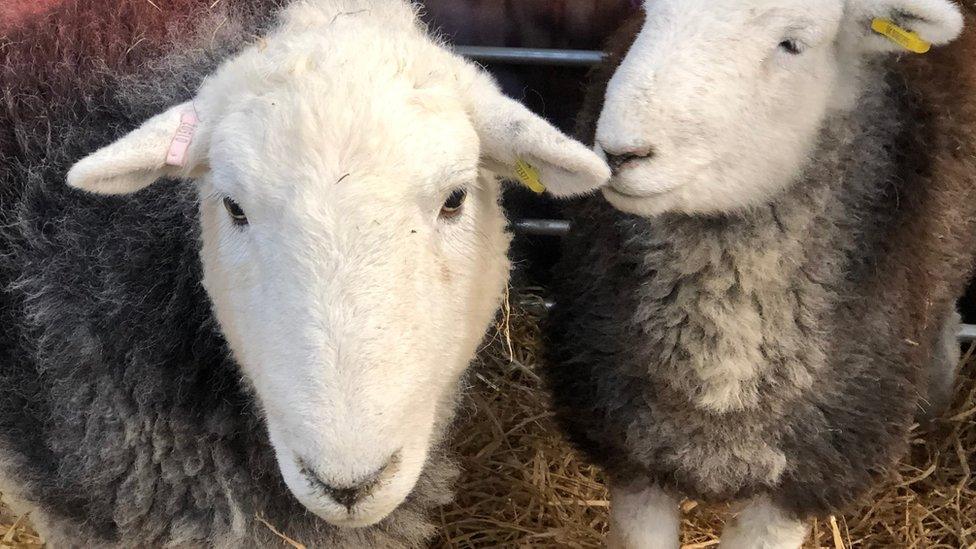
The RSPCA have welcomed plans to ban the transport of live animals to be killed for food abroad.
Under current rules, farmers can sell their livestock to other countries to be slaughtered there.
The UK government say they want to stop this happening and - now the UK has left the EU after Brexit - it says a ban could be in place in England and Wales by the end of 2021.
Animal welfare charity, the RSPCA, supports the move, saying it would be "a landmark achievement for animal welfare".
But the National Farmers Union (NFU) - one of the main groups which represents famers - is calling for improvements to the current animal welfare rules, rather than an outright ban.
What's the background to this?
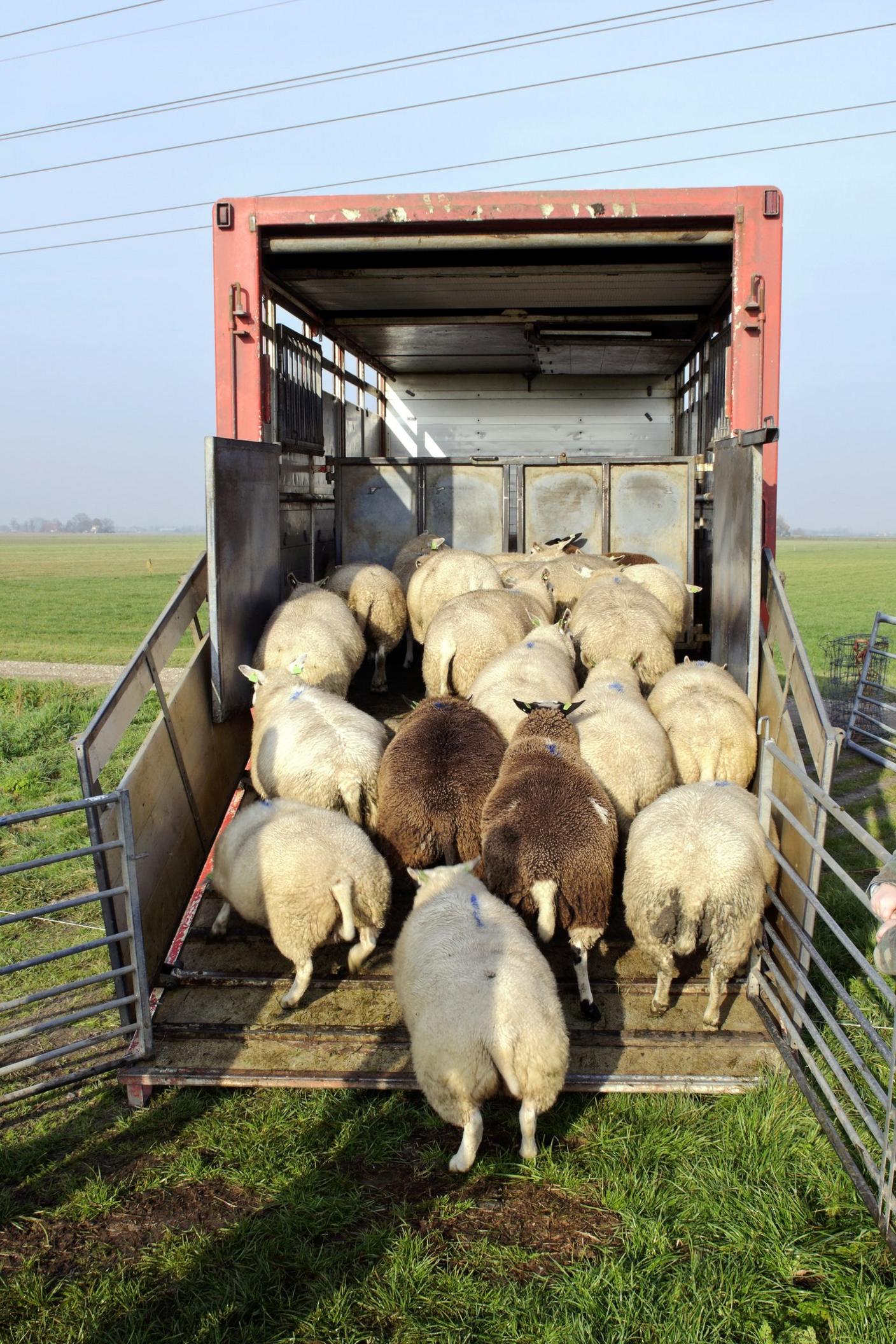
Under EU regulations live animals can travel to a different country in a truck, but the UK wants to ban it
Much of the meat that we eat in the UK comes from farms in this country, but some UK farmers also sell the animals they rear for food to buyers abroad.
And while some animals are killed here and their meat sent to shops in other countries, animals are also allowed to be sent alive to other countries to be slaughtered for food there.
We want to ensure that animal are spared stress prior to slaughter.
The RSPCA have long argued this is wrong and have been campaigning for changes to this for more than 50 years.
The head of the RSPCA , Chris Sherwood, said: "There is absolutely no reasonable justification to subject an animal to an unnecessarily stressful journey abroad" only for them to be killed for food when they get there.
The government's plans are not only to ban livestock going abroad - it says it wants to improve the conditions in which animals travel around the UK too.
It wants to look into further elements of animal welfare in transport, such as reducing maximum journey times, giving animals more space during transport, and stricter rules on transporting animals in extreme temperatures or by sea.
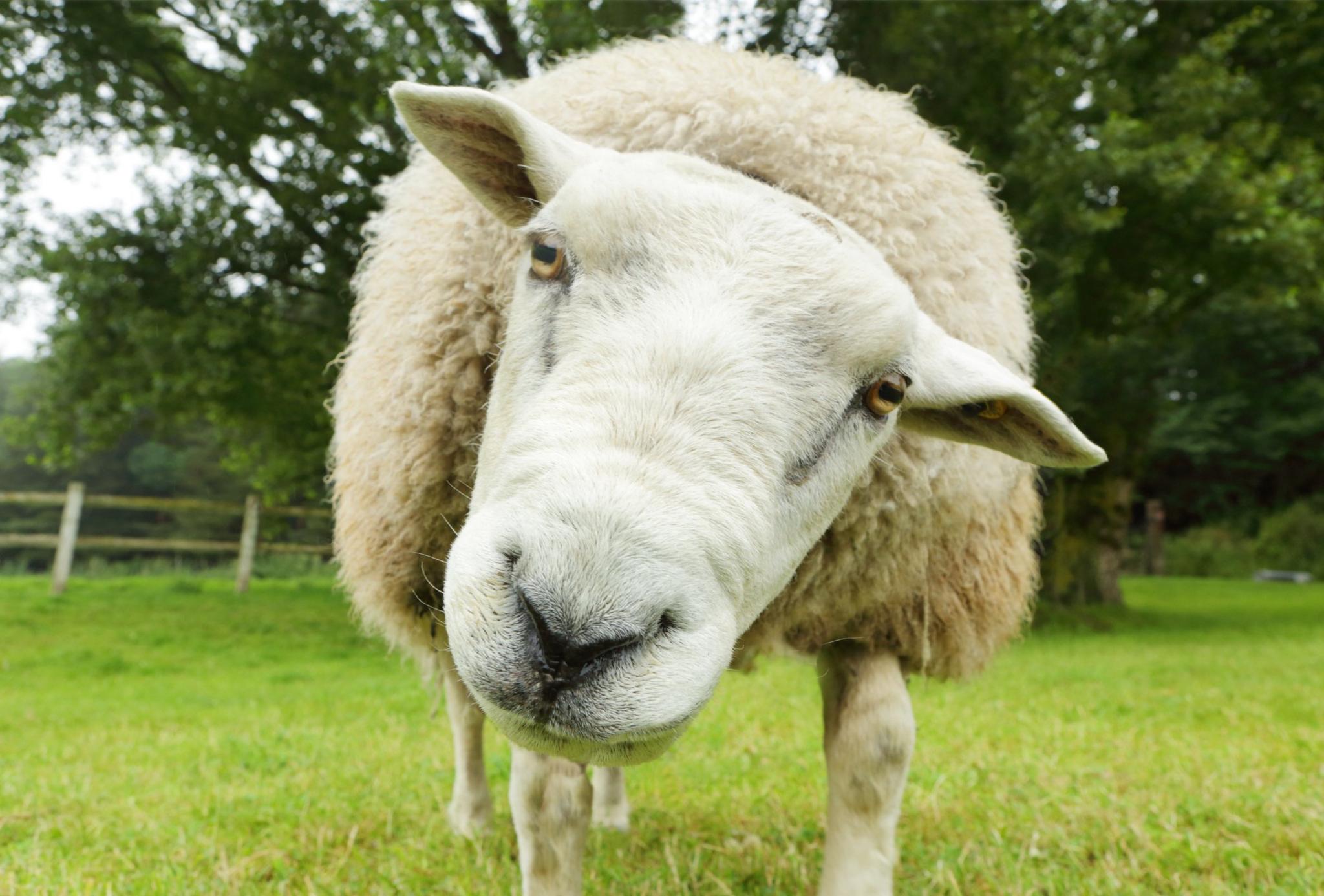
What do other people think?
The National Farmers Union (NFU) say that these changes could have a big impact on how the UK's food supply is managed and how farms do business.
It says many farmers would prefer a different solution where livestock could still travel aboard, as long as they are better looked after.
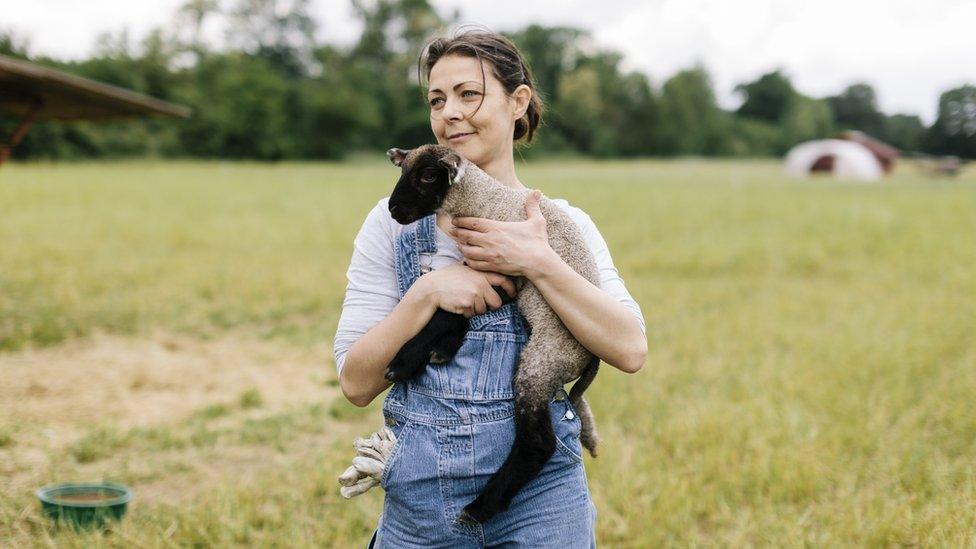
Farmers are worried about how the ban will affect them as animals used for meat makes them lots of money
Livestock board chairman, Richard Findlay said: "We believe that... a scheme, which goes beyond the current regulation, would be best to ensure all animals travel in the best possible conditions and that they arrive at the approved and final destination in the best possible health."
Meanwhile, the campaign group Compassion in World Farming has asked farmers not to oppose the new rules but to "recognise that this is an important part of moving forward to a high welfare future".
- Published9 October 2020

- Published17 April 2012
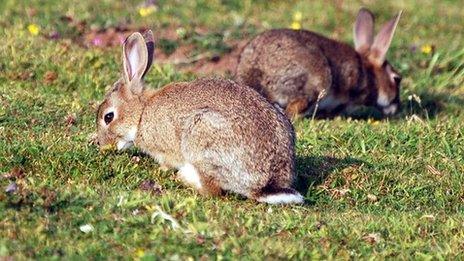
- Published10 September 2020

